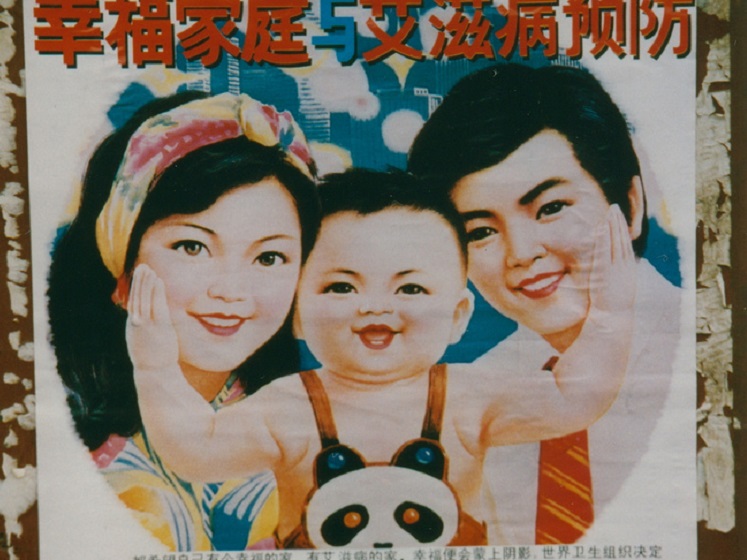 China one child poster
China one child poster
Dr Bingchun Meng of the Department of Media and Communications has spent much of her career researching how inequality is represented and influenced by media.
Dr meng's latest article, When anxious mothers meet social media, looks at how parental anxiety amongst parents from across China’s socio-economic spectrum is rife, and in the case of the middle-classes, is being exacerbated by conversations with other parents on social media communications platforms. Pressure on parents to make the ‘right’ choices and purchases for their child is shown to be a significant source of anxiety across all sections of China’s society.
Dr Meng says: “Working class and middle-class parents exist in different cultures with different lifestyles, but they are united in their anxiety around their children. They both want the best for their families, they both fear being left-behind from their peers.”
“But middle-class parents worry more, and intervene more often, because they have the time and means to support their children compared to working class families. In a way, it’s a luxury that only some parents have.”
Dr Meng interviewed 28 mothers in Shanghai, China, either individually or through focus groups. She chose to focus exclusively on women; while China’s capitalist culture is dominated by men, consumerism is generally the domain of women, who are expected to conform to a traditional motherhood role. This often makes women the more influential parent in heterosexual couples.
Through her conversations, Dr Meng was able to find out what different parents imagined the idea of a good mother to be, and how they linked this understanding to their version of a good life.
One theme that emerged from this research process was how discussions on social media platforms such as WeChat - similar to Facebook, and one of the most popular websites in China- were a popular place for discussions with other parents.
Dr Meng says: “Middle-class parents are endlessly seeking the right product or activity for their child. They contact their friends about education, about the development of their children, activities they should be doing
“The sheer range and choice available to them feeds into the sense of apprehension that they may not be doing the right thing.”
Parental anxiety, worrying about the prospects and futures of their offspring, has a long-history across the world. Is the social-media enabled parental network Dr Meng found simply a modern version of this?
“It’s true that parents will always fret about their children,” Meng says. “But some of the mother’s I spoke to explained that they found the relentlessness of their conversations and the choices they have make it more difficult for them to cope.
“They talked of wanting to just switch off and bury their heads in the sand. For the middle classes in my study, their anxiety is approaching a state of panic,” Dr Meng adds.
A clear class divide emerged in the kind of lives that parents imagined for their children. Middle-class parents held a hope that they could cultivate their children, through a choice of school and university and extra-curricular activities. They aimed to equip their children to have a range of career choices and be happy when they reached adulthood.
Working-class parents seemed to emphasise and trust the importance of the education system in China, and had more prosiac hopes for their children, such as pursuing a stable career in sectors like healthcare.
In addition, because working-class parents had less time and access to the social networks to discuss their parenting choices, they were shielded from the intense discussion and peer pressure middle-class parents encountered. This meant working -class parent-child relationships were markedly different.
Dr Meng says: “I am interested now in how working-class parents deal with the pressure to be a certain type of parent. I feel we could go much further in our understanding of this group, how their additional economic and social pressures, navigate the challenges of parenthood.”